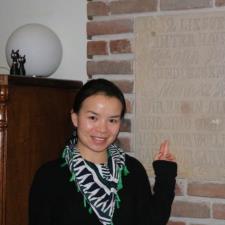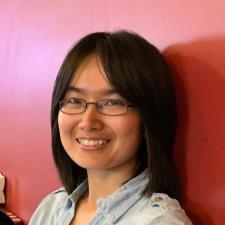Todd C. answered • 09/22/22
Certified Mandarin Instructor & Bi-Cultural Communications Coach
Traditionally, Chinese only has two tenses. Present and past.
But, we can express "ideas of tense" by adding various characters. These are vague concepts of what we think of as "tense" in Western languages.
To express past tense, the easiest way is to start the sentence with a time peg—today, tomorrow, last Monday, next year, etc.
The Chinese language is based on characters for clarity of expression and does not conform to any sense of time—as we may understand it in English. Chinese is also extremely contextual. So, the only way to correctly interpret meaning is—in context.
Thus, the "le 了" particle gives an 'impression' of the past tense and can be considered as the past tense particle—in certain contexts. But it expresses the idea of a "completed action." Which may be in the past, present, or future.
Some examples:
tā qù le / S/he went. (no context. a completed action at some space in time)
zuǒ tiān tā qù le / S/he went yesterday. (Completed action)
tā qù xué xiào le / S/he went to (the) school. (no distinct time, a completed action)
tā kàn shū le / S/he read books. S/he read a book. S/he was reading book(s). (Completed action)
tā kàn shū qù le / S/he went to read. S/he went out to read. (Completed action)
tā qù le xué xiào kàn shū / S/he went to school to read. (Completed action)
tā kàn le shù qù le xué xiào / S/he read (a book) and went to school. S/he read a book going to school. (Completed actions)
It's important to remember that concepts of time in the Chinese language are much simpler and vague that that of most Western languages. Clarity comes from context and additional information, like more characters.








